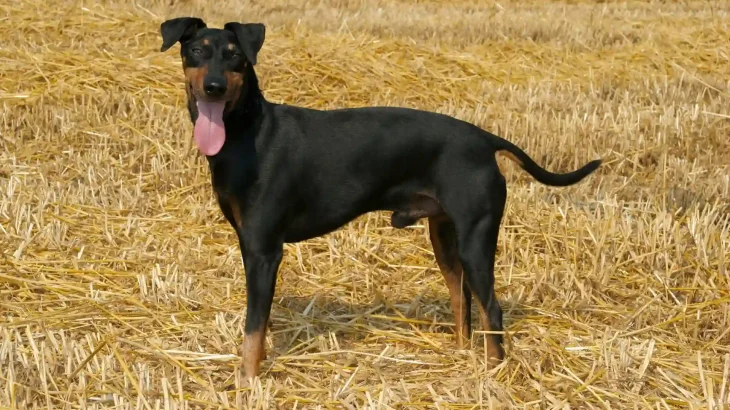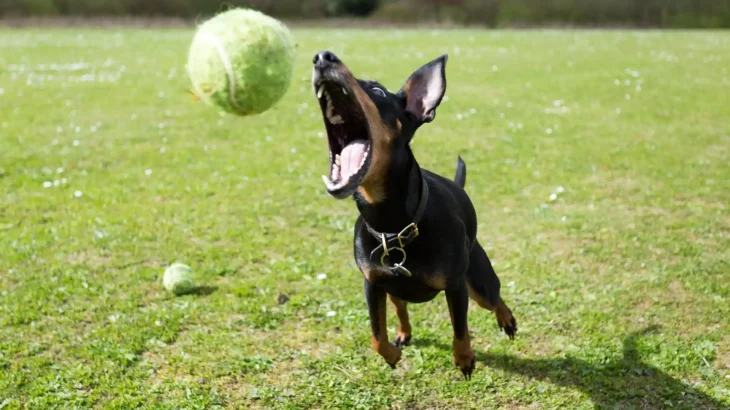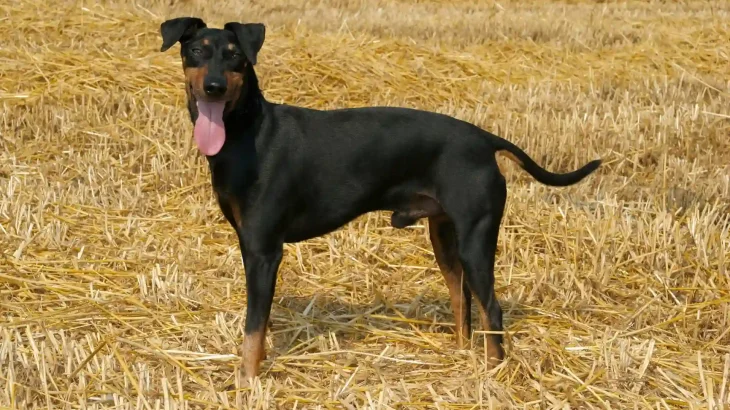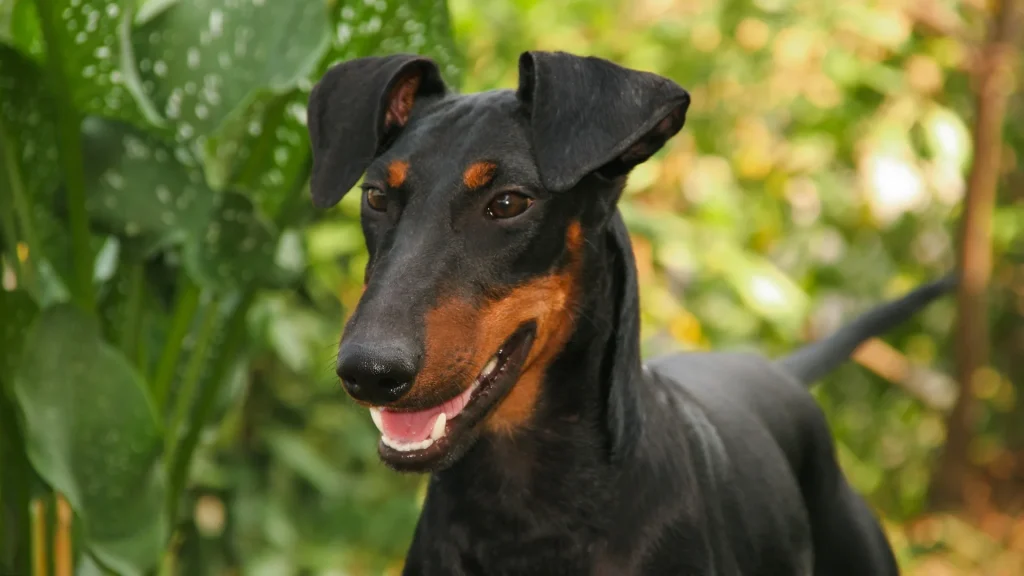Deciding whether to adopt or buy a Manchester Terrier puppy depends largely on your priorities such as cost, health transparency, and ethical considerations. Purchasing from a responsible breeder often guarantees knowledge of the puppy's pedigree and health history, while adopting supports animal welfare and can be more budget-friendly. Each option presents unique advantages and challenges for potential Manchester Terrier owners.
Adoption vs. Breeder: Pros & Cons
| Criteria | Buying from Breeder | Adopting from Shelter/Rescue |
|---|---|---|
| Cost | Higher initial cost reflecting pedigree and breeder investment. | Lower adoption fees, often with vaccinations and spay/neuter included. |
| Health History | Comprehensive health records and genetic testing typically provided. | Health info may be limited, though basic vet checks are performed. |
| Age Availability | Primarily puppies, allowing early socialization and training. | Wider age range from puppies to adults and seniors. |
| Temperament Insight | Breeders can provide temperament tendencies based on lineage. | Staff can share observed behavior; individual personality may be known. |
| Supporting Practices | Supports selective breeding programs; choose ethical breeders carefully. | Supports animal rescue and reduces shelter populations. |
| Breed Purity & Pedigree | Assured breed purity and documentation. | May involve mixed breeds or unknown lineage. |




















































